Top Universities Unite In Private Collective Against Trump Policies
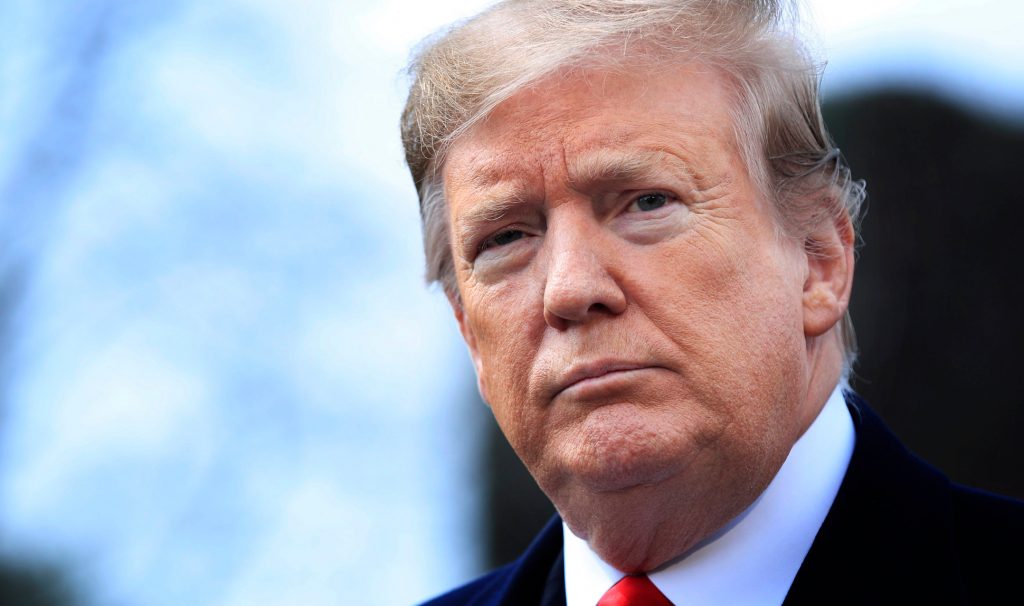
Table of Contents
The Genesis of the Private Collective
The formation of this private collective stemmed from a shared sense of urgency and mounting frustration among several prestigious universities. Specific Trump administration policies, perceived as directly threatening academic freedom, research funding, and student diversity, fueled the need for coordinated action. The feeling was that public opposition might be less effective than a united, strategically planned approach. This led to a series of secret meetings, initially involving a small group of university presidents, who shared their concerns and strategized a collaborative response.
- Specific Trump Policies Targeted: The policies targeted included, but were not limited to, restrictive immigration policies impacting international students and faculty, significant cuts to federal research funding impacting crucial scientific advancements, and perceived attempts to curtail free speech on college campuses.
- Universities Involved: While the exact membership of the collective remains undisclosed to protect its operational effectiveness, sources suggest that some of the most prestigious universities in the nation – institutions known for their extensive research programs and influential alumni networks – are involved. The confidentiality is crucial for the success of their strategies.
- Initial Meetings and the Decision for Privacy: The initial meetings were deliberately kept private to avoid premature exposure and potential backlash from the administration. The universities believed that a public campaign might be less effective and risk jeopardizing their individual funding and relationships with the government. The decision to operate privately was a calculated one, prioritizing strategic effectiveness over immediate public visibility.
Strategies and Actions of the Collective
The collective employs a multi-pronged approach to combat the targeted policies. Their strategies combine legal challenges, intensive lobbying efforts, targeted public statements, and the strategic allocation of research funding towards areas impacted by the policies.
- Legal Challenges: The collective has reportedly initiated legal challenges against specific policies deemed unconstitutional or discriminatory, working through established legal channels to contest their implementation. These challenges aim to create legal precedents that could benefit other higher education institutions.
- Lobbying Efforts: Intensive lobbying efforts are underway at both the federal and state levels. The collective leverages its collective influence and resources to lobby members of Congress, senators, and state legislators, advocating for policies that support higher education and academic freedom.
- Public Statements and Press Releases: While maintaining a degree of secrecy regarding its overall operations, the collective has issued carefully crafted public statements and press releases on specific issues, aiming to shape public opinion and garner support for their cause. These statements often focus on the broader impact of the policies on society as a whole.
- Research Funding and Initiatives: A significant portion of the collective's resources is dedicated to funding research projects that directly challenge or counteract the negative effects of the Trump administration’s policies. This ensures the continuation of crucial research programs and strengthens the collective’s argument for increased funding in these critical areas.
Potential Impact and Implications
The actions of this private collective have far-reaching potential implications for the higher education landscape, the political climate, and the very foundation of academic freedom.
- Impact on University Funding: The collective's actions could significantly influence future funding decisions for universities, potentially leading to increased or decreased funding depending on the success of their lobbying and legal efforts.
- Influence on Future Policy Decisions: The collective's efforts could shape future policy decisions regarding higher education, potentially leading to more supportive policies for universities in the future.
- Relationship Between Universities and the Government: This unprecedented alliance will undoubtedly affect the relationship between universities and the government, potentially creating a more adversarial or collaborative dynamic depending on the outcome of the collective's actions.
- Impact on Student Enrollment and Diversity: The collective's fight against restrictive immigration policies directly impacts student enrollment and the diversity of the student body at these universities.
Criticisms and Counterarguments
The collective's clandestine approach has not been without criticism. Accusations of secrecy, elitism, and a lack of transparency have been levied against the group.
- Arguments Against Secrecy: Critics argue that the secrecy surrounding the collective undermines democratic principles and reduces accountability. The lack of transparency fuels mistrust and hinders public engagement.
- Responses to Criticisms of Elitism: The universities involved counter this by arguing that their collective action is necessary to protect the interests of all higher education institutions, not just a select few. They argue that a united front is crucial for effective lobbying and legal challenges.
- Defending the Collective's Actions: The universities defend their actions by highlighting the existential threat posed by the policies to academic freedom and the future of research. They maintain that the private nature of the collective was a strategic necessity to maximize their effectiveness.
Conclusion
The formation of a private collective by top universities to oppose specific Trump administration policies represents an unprecedented level of coordinated action within higher education. This clandestine coalition, employing a multifaceted approach including legal challenges, lobbying, and strategic research funding, carries significant implications for the future of higher education, the political landscape, and academic freedom. The long-term impact remains to be seen, but the collective's actions mark a significant turning point in the relationship between higher education and government.
Call to Action: Stay informed about the ongoing efforts of this private collective and other groups advocating for higher education and academic freedom. Follow the developments related to the Higher Education Act and other relevant legislation. Learn more about how you can support institutions fighting for increased research funding and the protection of international student rights. Understanding the actions of these Top Universities united against specific policies is crucial to shaping the future of higher education.

Featured Posts
-
 Two Georgia Deputies Shot During Traffic Stop One Fatality
Apr 29, 2025
Two Georgia Deputies Shot During Traffic Stop One Fatality
Apr 29, 2025 -
 One Plus 13 R Or Pixel 9a A Comprehensive Review And Comparison
Apr 29, 2025
One Plus 13 R Or Pixel 9a A Comprehensive Review And Comparison
Apr 29, 2025 -
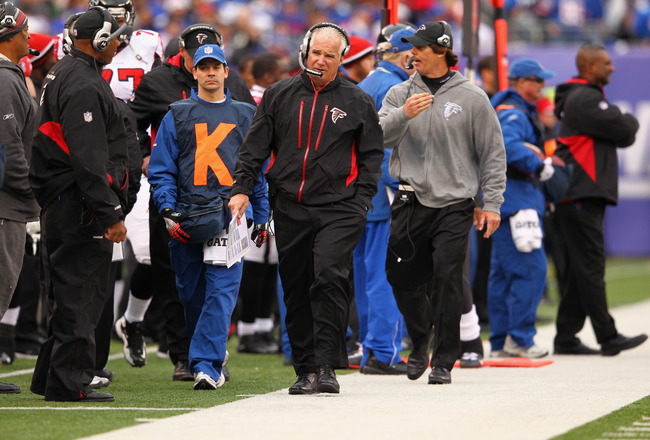 Prank Call To Shedeur Sanders Son Of Atlanta Falcons Defensive Coordinator Offers Apology
Apr 29, 2025
Prank Call To Shedeur Sanders Son Of Atlanta Falcons Defensive Coordinator Offers Apology
Apr 29, 2025 -
 Analyzing The Effectiveness Of Film Tax Credits In Minnesota
Apr 29, 2025
Analyzing The Effectiveness Of Film Tax Credits In Minnesota
Apr 29, 2025 -
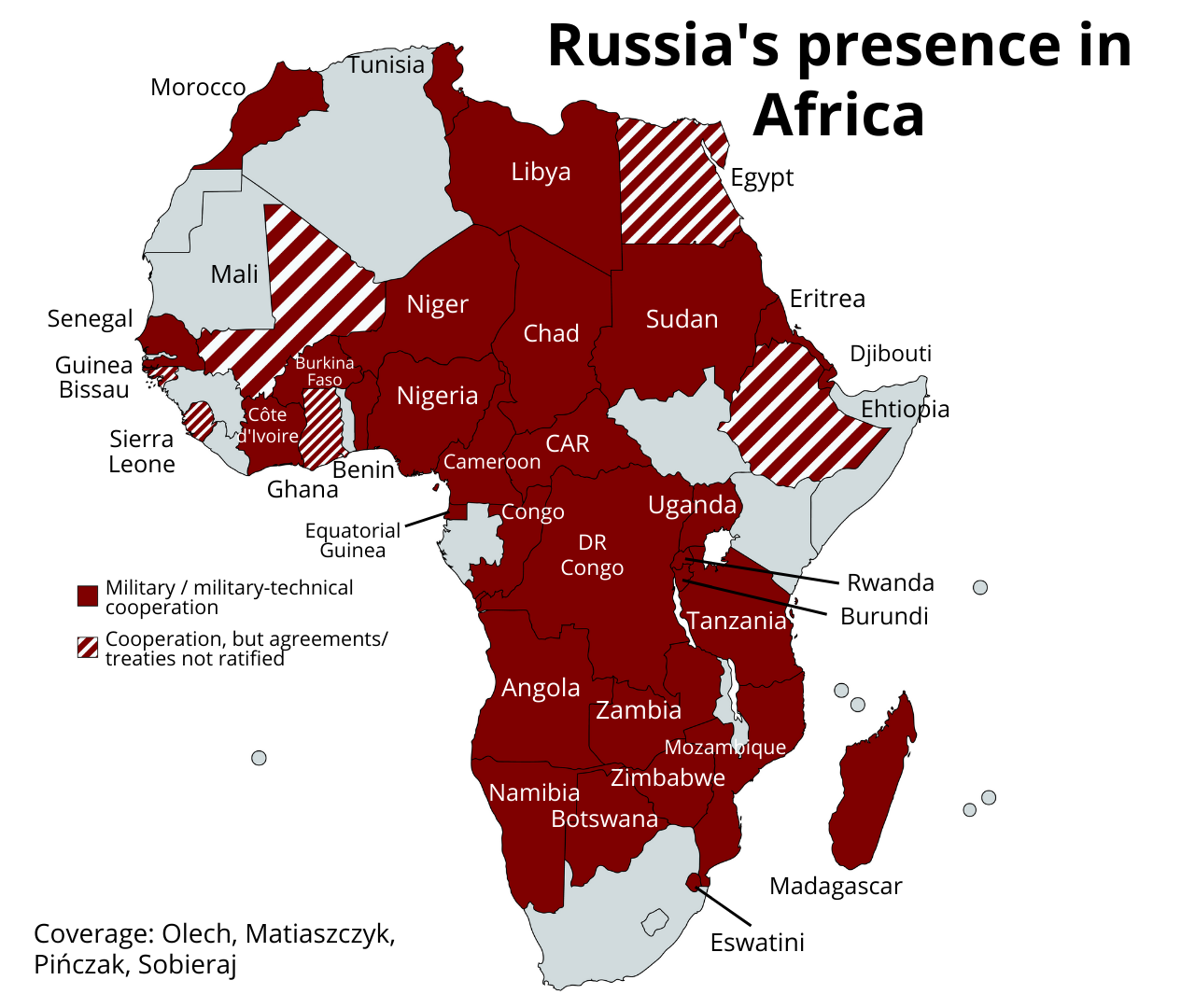 Europe On High Alert Analyzing Recent Russian Military Actions
Apr 29, 2025
Europe On High Alert Analyzing Recent Russian Military Actions
Apr 29, 2025
Latest Posts
-
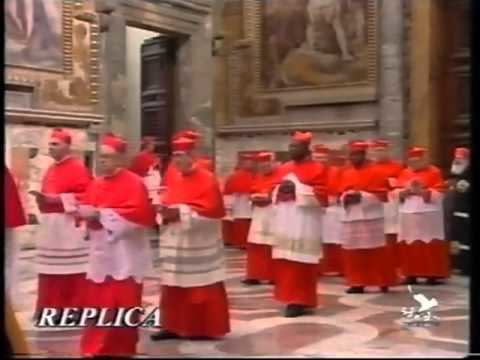 Papal Conclave Disputed Voting Rights Of A Convicted Cardinal
Apr 29, 2025
Papal Conclave Disputed Voting Rights Of A Convicted Cardinal
Apr 29, 2025 -
 Convicted Cardinal Fights For Conclave Voting Rights
Apr 29, 2025
Convicted Cardinal Fights For Conclave Voting Rights
Apr 29, 2025 -
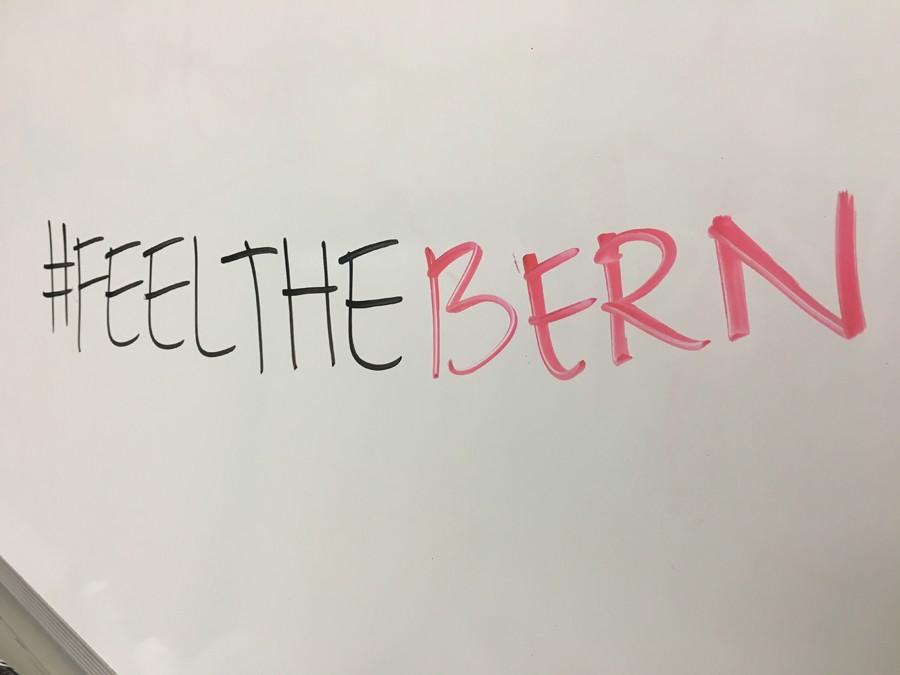 Cardinal Maintains Voting Eligibility Despite Conviction
Apr 29, 2025
Cardinal Maintains Voting Eligibility Despite Conviction
Apr 29, 2025 -
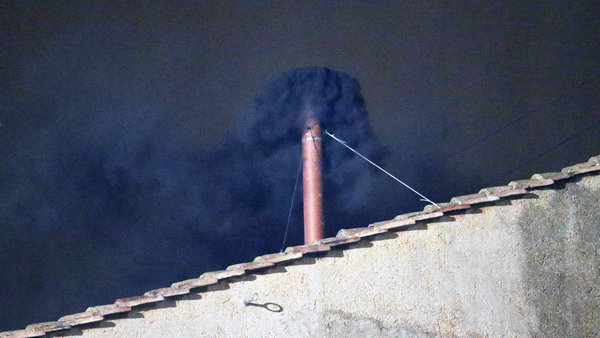 Controversial Cardinal Fights For Conclave Inclusion
Apr 29, 2025
Controversial Cardinal Fights For Conclave Inclusion
Apr 29, 2025 -
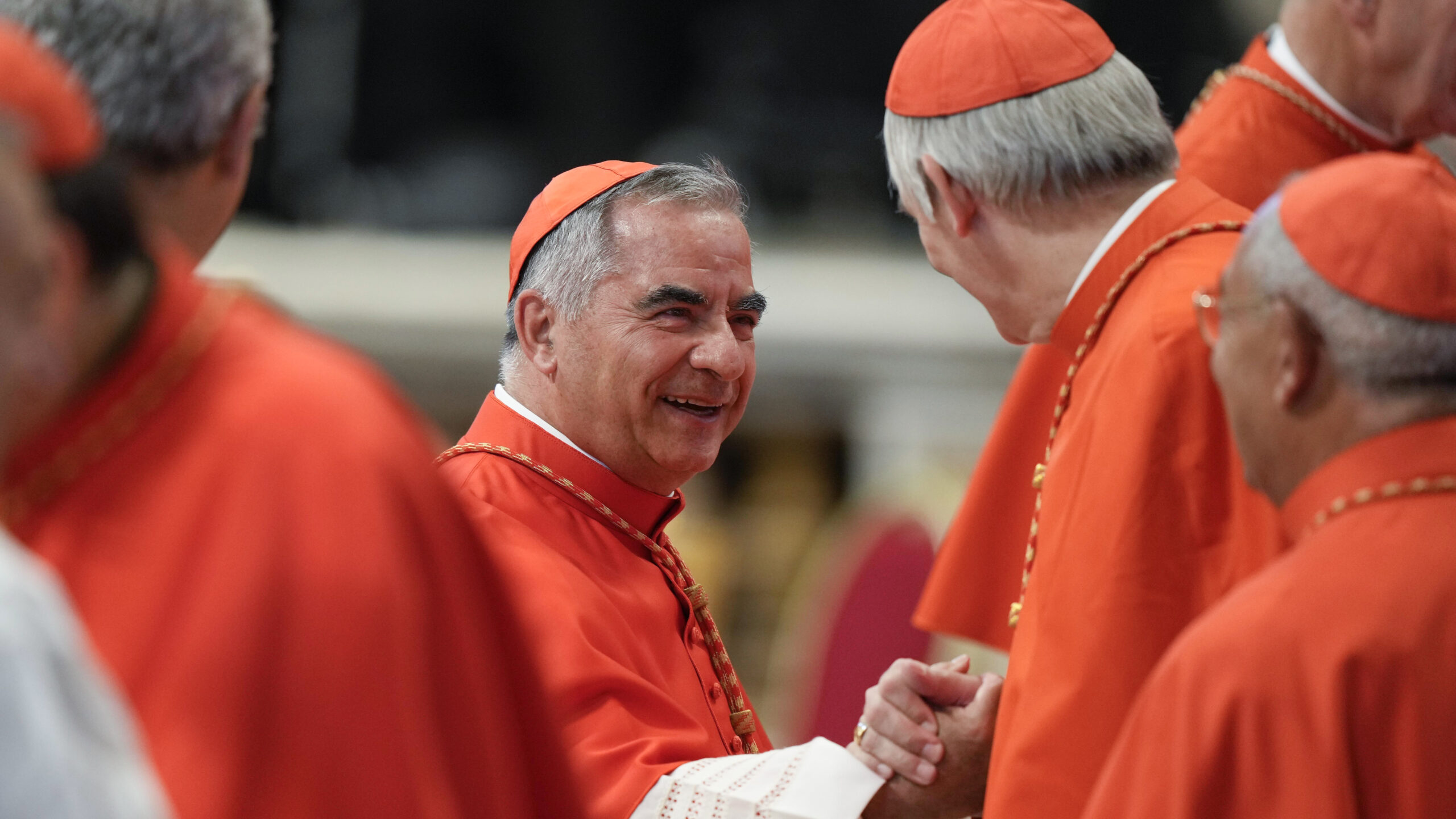 Convicted Cardinal Seeks Role In Next Papal Election
Apr 29, 2025
Convicted Cardinal Seeks Role In Next Papal Election
Apr 29, 2025
